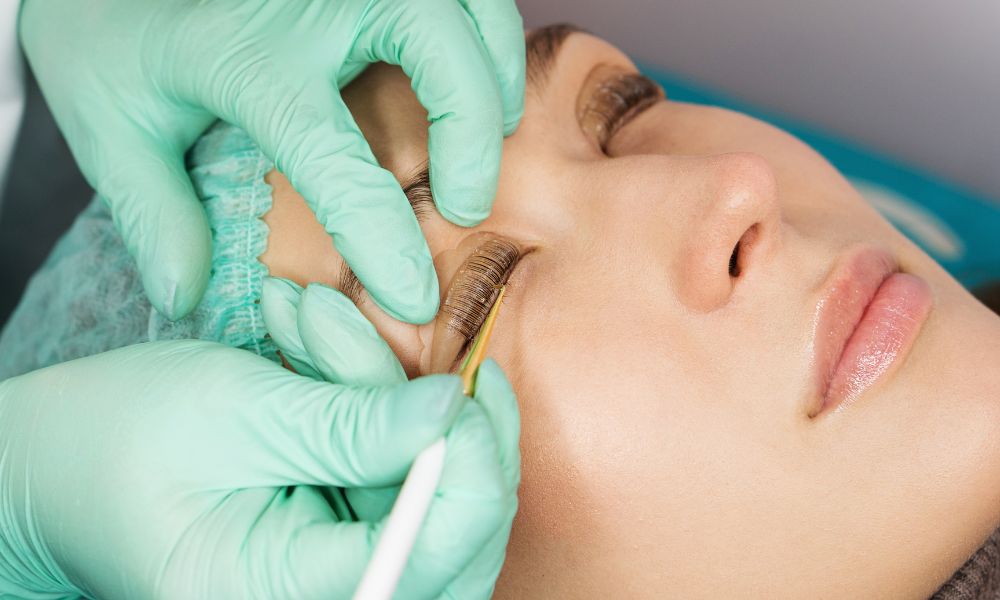Though they get a lot of grief for their stingers, honeybees are one of man’s best friends. From the sweet, golden honey they produce to the thriving crops and flowers they help pollinate, we truly owe these little insects a lot. Unfortunately, honeybee populations face some serious natural and man-made threats. In recent years, many people have joined efforts to save the bees, but what can you do to help these vital members of our environment? Start by learning about the common dangers honeybees face and what you can do to prevent them.
Habitat Loss
Like all living creatures, honeybees need certain resources in their environment to survive and thrive. Without a safe, clean source of water and a secure place to build their hive, a honeybee colony will fail. Bees also need a large range of flowers to forage nectar and pollen from throughout the entire spring and summer. If a colony only has access to flowers that bloom in early spring, for example, they won’t be able to gather the resources they need throughout the rest of the season. Help your local bee population out by creating a bee garden sanctuary in your yard, giving the bees a safe place to feast throughout their foraging season.
Pesticides
No one wants pests coming after their farms or gardens; however, turning to pesticides can have dangerous consequences for honeybees and other pollinators. When you use these chemicals on your crops or in your garden, you’re essentially contaminating the bees’ food supply. Next time you want to rid your gardens of pests, skip the pesticides and look for natural, non-toxic solutions instead. Pesticides made with garlic, corn gluten, and other natural ingredients can keep your plants safe without harming your local pollinators.
Disease and Pests
Some of the most common dangers honeybees face are the diseases, pests, and infections that can take over a hive. From wax moths that eat through a hive’s honeycomb to an American Foulbrood infection that kills larvae, these threats leave a colony weak and vulnerable, making it harder to survive the winter. While you may not be able to help your local beehives directly, a great way to support their health is by supporting the beekeepers who own them. Purchase honey and other bee products straight from beekeepers to support them financially. You can also seek out local organizations that help fund research and protection efforts for your local bee populations.






